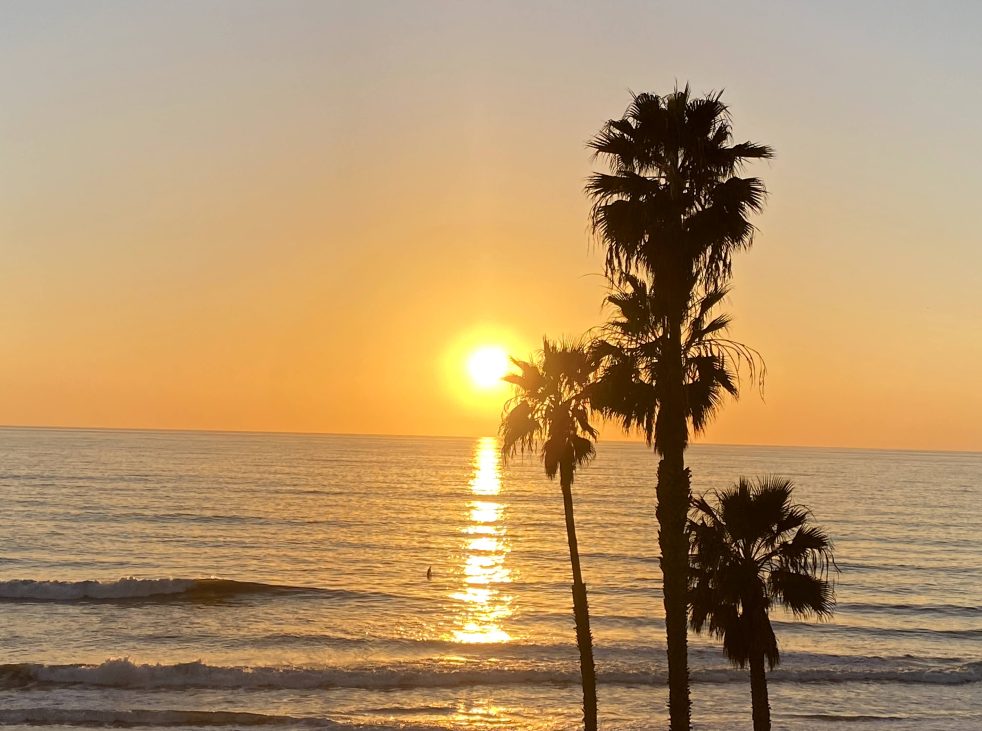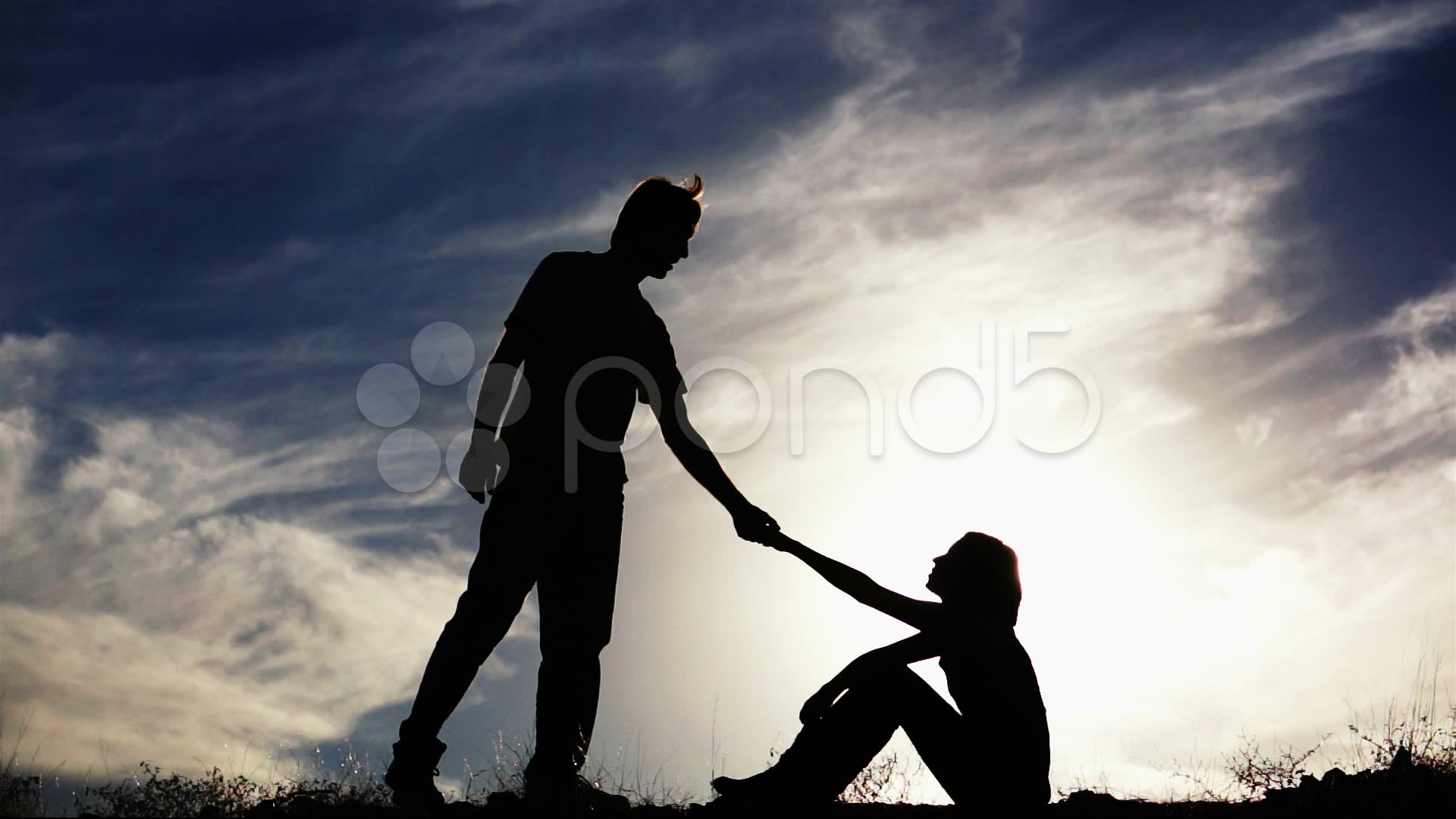For anyone who knows me, my debt story is old news. In fact, I originally started confessionsofamaterialgirl.com as a means of documenting what God was teaching me through the use and misuse of money. However, my actual story of debt never appeared on the blog. The reason for posting it now is to give a little background as I move into the new year and begin an experiment on this blog.
I may be out of debt (except my mortgage), but like most people my habit of saving could use some tweaking. Stay tuned for a blog coming up that will introduce a fairly new (to me) hack we can all use to beef up our savings. In the meantime, enjoy the reminder of what God rescued me from. You can also enjoy this same story on in the Samaritan Ministries Newsletter and blog here.
Money is a strange thing. It worries us, motivates us, and dictates how we spend our time.
But because many of us don’t know how to handle it wisely, it often leads to debt, a condition as common as the common cold.
According to a 2017 study by Northwestern Mutual Life Insurance Co,1,
- About half of Americans with debt have balances of at least $25,000 (excluding mortgages), averaging roughly $37,000.
- More than four in 10 Americans with debt (45 percent) spend up to half of their monthly income on debt repayment.
- More than one-third of adults with debt (36 percent) anticipate that they will be in debt for six to 20 years, and 14 percent expect to be in debt for the rest of their lives!
- About four in 10 American adults say debt has a “substantial” or “moderate” impact on their financial security. The same number say debt is a “high” or “moderate” source of anxiety.
- Despite their debt, after basic necessities, Americans, on average, spend about 40 percent of their monthly income on discretionary expenses such as leisure travel and hobbies.
My husband, Bruce, and I were in this pit of debt. After reaching a point where our debt was almost equal to our salary, we had finally had enough. Distracted by the chokehold it had on us, we weren’t serving God and living the life He had for us.
With the help of a couple from our church, who are master money managers, we set out on a path of debt-free living. It was one of the hardest things we’ve ever dealt with, but now, with the exception of our mortgage, we are totally debt free.
Here is what we did:
- We got help.
This doesn’t mean begging family and friends for money. That will merely put a Band-Aid on the wound rather than heal it.
Our mentors helped us set up a budget, held us accountable, and provided a shoulder to cry on when I’d just missed the greatest sale of the century and had to let all of those beautiful clothing possibilities go home with someone else. It was not easy. We had to do things like get on the phone and talk to creditors and arrange payment plans, ask for late fees to be waived, close credit card accounts, budget, say no to dinners out with friends. We wrote down every expense imaginable. If I purchased a 25-cent gumball out of a machine somewhere, I wrote it down.
But the hardest part of all was admitting our situation to people who thought we had it all together. It was a blow to our pride, but we got over it. There’s something about admitting to one another our sin and need for help that allows God the freedom to work in ways that make lasting change. It forces us to deal with the deeper issue that no one sees.
God designed us for community. We are not meant to do life alone. We had to be willing to swallow our pride and ask for help.
- We faced our reality.
Burying our heads in the sand, hoping it would go away, seemed like the least painful move, but not only would it not pay the bills, it would have only prolonged our agony. For us, this meant taking the pile of bills out from the bottom of the drawer, laying them out, and really looking at what we were dealing with.
Imagine an emergency room doctor with a patient who was in a terrible accident and whose wounds are so grotesque, the doctor couldn’t bear to look at them. So he ignores the patient, hoping that somehow the wounds will heal on their own. Meanwhile, the longer he waits, the worse the patient gets. Infection sets in, internal organs begin to shut down, and every minute without treatment pushes the patient closer to death. How ludicrous. In the same way, our debt wasn’t going anywhere on its own, and the sooner we faced it, the more quickly we could stop the madness and reverse the effects.
- We tithed.
One of the first things we were told to do was tithe in the sense of giving back from our income. We started following the principle found in Malachi 3:10, that says,
Bring the full tithe into the storehouse, that there may be food in my house. And thereby put me to the test, says the Lord of hosts, if I will not open the windows of heaven for you and pour down for you a blessing until there is no more need.
This is an absolute necessity, not because God needs our money. He doesn’t. He has plenty.
“For “the earth is the Lord’s, and the fullness thereof.” (1 Corinthians 10:26, NASB). Rather, tithing forces us to exercise the often-atrophied spiritual muscles of faith, surrender, and obedience.
Faith says we trust God with our finances even though one more dollar to Him is one less going toward debt or food or whatever. Surrender means we’re handing over the control of our finances to Someone much more trustworthy than us. Obedience is our response to a command in Scripture surrounding basic money management.
- We changed our habits.
For me, this meant staying out of the stores. I didn’t darken the door of a shopping mall for two years. I had to find a new hobby to replace window-shopping, which, let’s face it, rarely stays at just the window.
In my days of overspending, most of the time I wasn’t looking for something specific. I was just in the mall for something to do, and, all of a sudden, I would see things that I didn’t know I needed prior to walking in the store. How could I possibly live without $200 leather pumps? It would be a tragedy not to buy them, especially if I took out a store credit card and could save 30 percent. A no-brainer, right? Right. No brain was used in the making of that decision.
It’s no different than if an alcoholic is trying to become sober. How mindless would it be to hang out with his friends in a bar? I stopped going where temptation lived.
- We cut everything from our budget that did not contribute to staying alive.
Basically everything but food, shelter, and clothing were cut from the budget. This is where coming to terms with need vs. want paid huge dividends in stretching our money. For some people, something as simple as downgrading a phone plan, cutting out cable, and not going out to eat is enough to loosen the chokehold. For others, it could mean selling a car or putting college on hold for a time. In our case, we did all the little stuff, but it still wasn’t enough. Our situation was desperate and called for desperate measures.
At the time, we were living in a house we couldn’t afford. We overbought. It was bigger, better, on a quieter street, had more square footage, more bathrooms, a pool, attached two-car garage. The works. Our white-carpeted castle was way out of our league. So we downsized in the middle of the 2008 crash. We didn’t make a dime off of it, but miraculously, by the grace of God, we didn’t lose anything either.
6). We found a way to make extra money.
I know. The thought of adding more work to an already-stretched schedule seems daunting, but it’s just for a short time. Leverage some hidden skill or talent you may have. Are you a math whiz? Great. There are plenty of kids out there who could use your tutoring skills to get them through the necessary evil of geometry. I know because I raised a couple of them!
I took on extra cleaning jobs, my husband started umpiring for Little League on the weekends, and we got very familiar with Craigslist. For some reason our home had become the collection site for unwanted furniture from family members who were either moving or updating their decor. So we sold their stuff along with our unnecessary stuff and put the money toward debt.
All of these steps helped us to realize that debt may be common for the world, but it doesn’t have to be common for the believer. My husband and I learned that we were created for so much more than the useless collection of trinkets.
As believers, we have an awesome opportunity to show the world how to do money differently. In so doing, we can serve them better without the restraints debt places on us.
The simple truth is this:
1). Being content with what you’ve been given is priceless. Looking back, I can see just how true Proverbs 27:20 was about us:
“Hell and destruction are never full; so the eyes of man are never satisfied” (KJV).
2). When possessions become more important than people, we become slaves to the very things we own.
“It was for freedom that Christ set us free; therefore keep standing firm and do not be subject again to a yoke of slavery” (Galatians 5:1, NASB).
3). What stuck out to me the most is that God does the heavy lifting. He does the fixing and redeeming. None of us, no matter what we have done, have wandered beyond the reach of His redemption. Not even my husband and I after accumulating thousands of dollars in debt. Our job is simply to surrender and obey.
Psalm 103:4 says that He “redeems your life from the pit.”
- (https://consumermediallc.files.wordpress.com/2017/04/2017-planning-and-progress-the-debt-dilemma.pdf)

 I used to think that the command to “not forsake the assembling of yourselves” was just another church rule, that missing church on a Sunday or not even going to church at all was a sin and another reason for God to get mad at me.
I used to think that the command to “not forsake the assembling of yourselves” was just another church rule, that missing church on a Sunday or not even going to church at all was a sin and another reason for God to get mad at me.